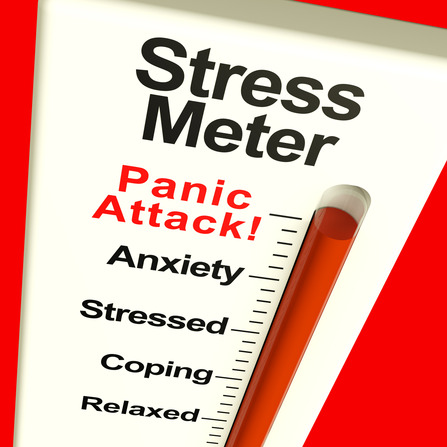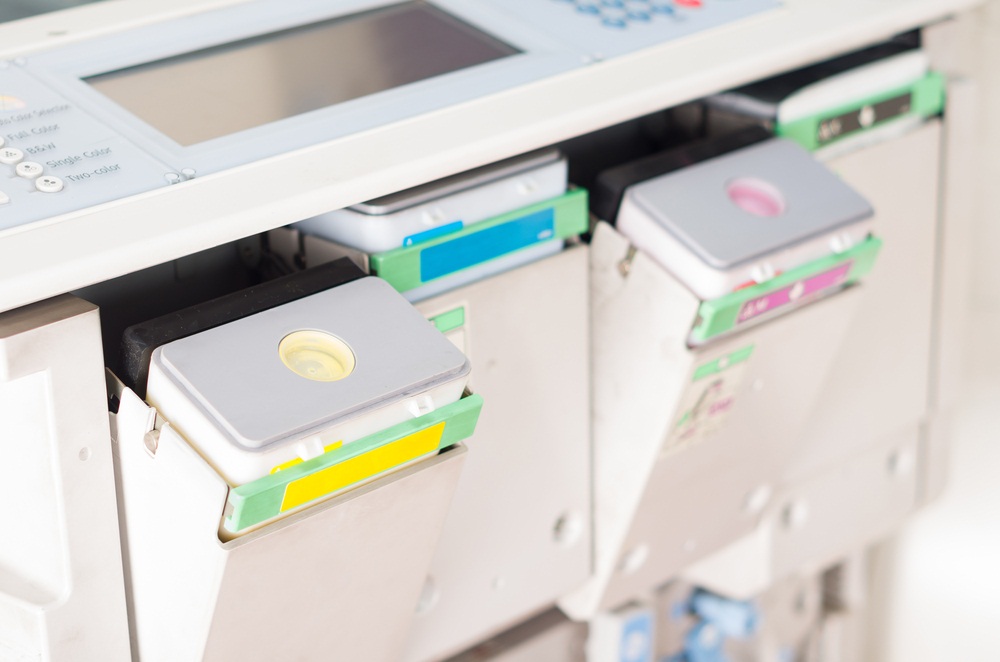Females have a lifelong risk of depression of around 1 in 4 and this condition is most common in their pregnancy year. Much focus has been given on detection as well as treatment of depression during pregnancy because of morbidity in the mother as well as in child. But antenatal depression is more usual and around half of postnatal depression occurs when antenatally begins.

Depression and Pregnancy Affect Each other
- Pregnancy is both psychological and physiological situation:
- With an overload of chronic stressors, females are unable to cope with extra demands of pregnancy.
- Many females, mainly poor ones and those already with many children, may perceive pregnancy with negative or ambivalence feelings.
- Memories or problems around poor parenting or women abuse may reassert themselves and cause depression.
- Relationships are frequently under some pressure such as domestic violence may increases at the time of pregnancy.
- Pregnancy linked sex steroids boost activation of hypothalamic-pituitary-adrenal axis called cortisol stress system. It is connected with depression and can cause Panic Attacks. Some researchers have recommended that higher levels of cortisol may affect the fetal growth and development. It can also be associated with altered behavior or temperament. Therefore 60 second Panic Solution is recommended by the experts to learn the symptoms and causes of panic attacks.
- Several women stop taking antidepressant medicines because of potential harm to their fetus development- this caused higher rates of deterioration in pregnancy.
- Under depression women are more prone to drink and smoke and less likely to concentrate for antenatal care – one behavioral way mediating poorer obstetric or neonatal outcomes.
According to Many Surveys and Researches
- 7 percent of women suffer depression outside perinatal period.
- 10 to15 percent of women in developed nations depressed during pregnancy
- Around 19 to25 percent of women are depressed in underdeveloped countries.
- Around 10 percent women suffer postnatally depression.
- Relapse rates during pregnancy with recurring mood disorder history may be 50 percent.








